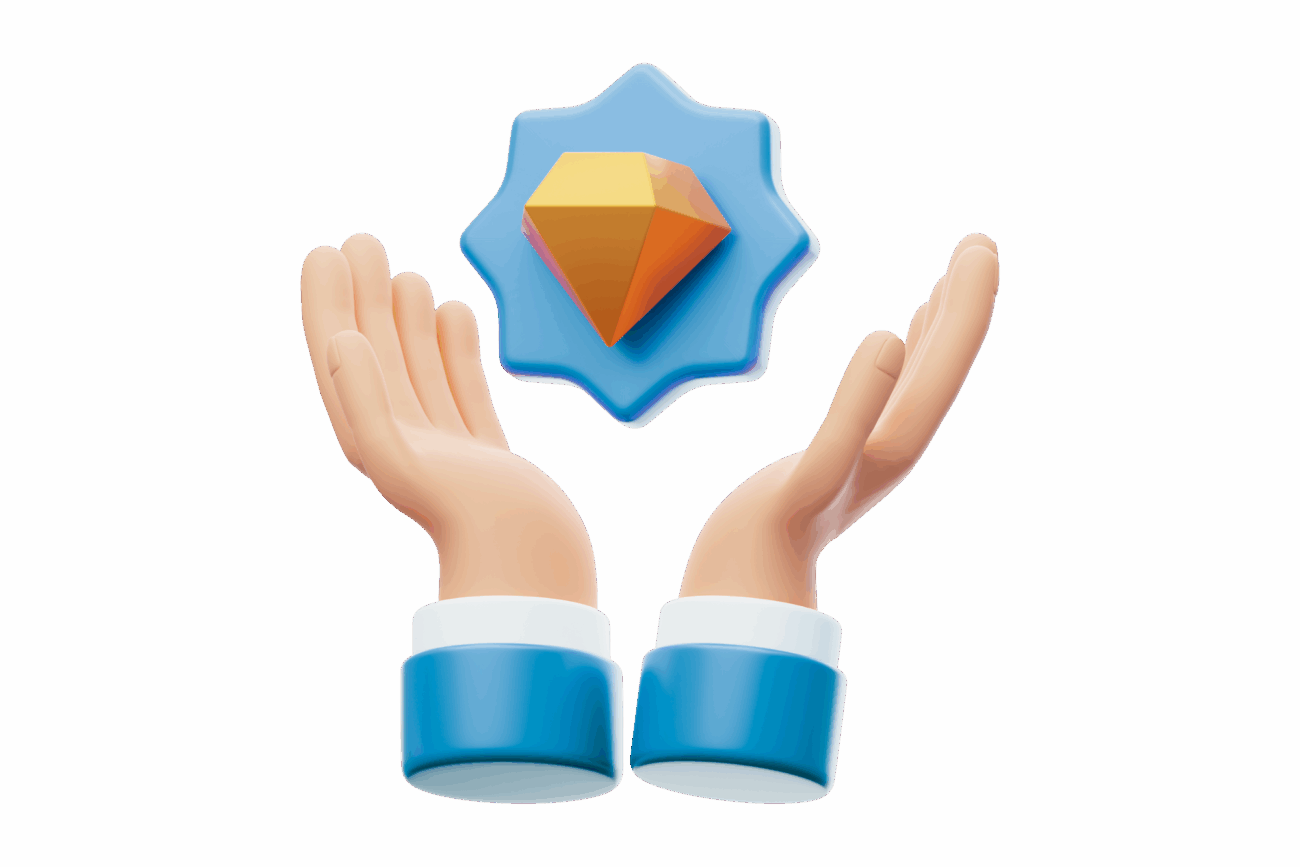
The role of QA
Video games are incredibly complex systems today.
No surprise there, but it’s worth pausing for a moment to appreciate just how intricate and collaborative this art form truly is. Behind an immersive world lies the effort of talented developers working across disciplines to build coherent, compelling digital experiences from scratch. Narrative designers, artists, audio engineers, animators, and programmers all contribute their unique vision, often on overlapping schedules and shifting priorities.
And yet, for all these moving parts to come together smoothly in a final product that feels polished and cohesive, someone has to step in with a bird’s-eye view. That’s where QA comes in. A dedicated QA team who is meticulously testing, verifying, and validating every aspect of the game to ensure it meets not only functional requirements but also player expectations. Without a strong QA process, the risk of misalignment and critical issues slipping through increases exponentially.
So let’s cut right to the chase, why is QA important?
Blending creativity with consistency
Have you ever had an idea that seemed so creative on paper, but was tricky to bring to life in a functional way? Well, you should know that one of QA’s most important roles is helping to connect creative vision with consistent execution. QA teams review designers’ creative input, to make sure that the delivered experience is both fun and functional. Through constant testing cycles and feedback, we identify these issues and communicate them further. Whether it’s a gameplay mechanic that doesn’t feel quite right, or a level that confuses players, QA helps fine-tune the experience so everything fits together.
Catching the small stuff that matters
When it comes to making a great game, the small details matter, and sometimes more than we think. Players notice when things feel off, and over time, even the tiniest flaws can affect how your game is received. But when those little touches are polished and work well, they can really add charm and help your game stand out. As QA experts, we test every corner of the game, from character interactions to the way sound and visuals blend together. Whether it’s through manual testing or using automation, QA teams simulate real player experiences to find bugs, glitches, or anything that breaks immersion. Our job is to spot those issues early, report them clearly, and help make sure they get resolved.
Adding Quality

As we said earlier, game development involves teams of talented people, working over long periods of time. However, everyone shares the same goal: creating an immersive, enjoyable experience that communicates the game’s vision clearly to players. QA helps make that happen. By testing regularly and providing constant feedback, we help ensure that the final product delivers on its promise. We make sure the quality is there, not just in how the game functions, but in how it feels.
The great impact of QA: helping you deliver a great game
The gaming industry is indeed, highly competitive. Hitting deadlines is crucial, as delays can mean missed opportunities, lost players, or reduced visibility in the market. That’s why solid QA work is essential during production. Delays often come from unexpected issues: maybe the game’s audio doesn’t work on a certain platform, or you’re experiencing some complications with the age rating conditions or with mobile adaptation. QA contributed to preventing these problems by testing early, spotting risks, and giving teams time to fix them before they snowball.
Adapting and improving
Let’s say it again: the gaming industry moves quickly, and QA has to keep up. As technology changes and player expectations grow, so do our tools and methods. Today’s QA teams use agile workflows, test more frequently, and give faster feedback to developers. With so many games now offering online features, QA also has to deal with new challenges like server stability, cross-platform issues, and cybersecurity. Our work doesn’t stop at release either; live updates and patches need testing too. That’s why continuous learning and improvement are key. When QA evolves with the industry, we help make games that are not just fun, but stable, secure, and built to last.
In the end, QA is more than a checkpoint. It’s a partner in the creative process. We’re the ones making sure that every system, every interaction, every line of dialogue and design choice holds up under real-world conditions.
Want to see for yourself?
The real value of QA becomes clear when you’re working side by side with a dedicated team. Let’s build something great together.
